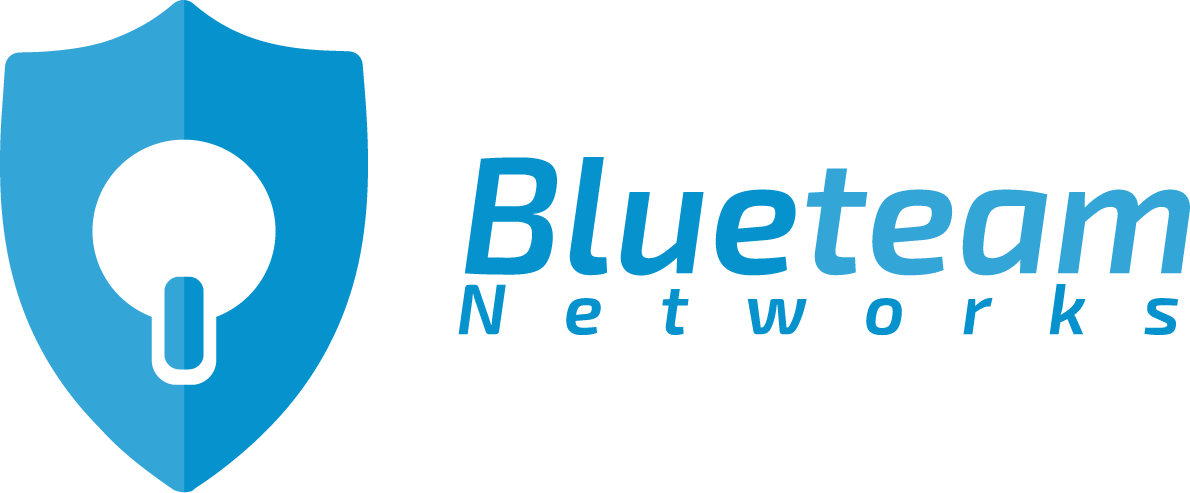The holiday season is a time for love and laughter, appreciation, gift-giving, good food, and more. Unfortunately, for every well-meaning consumer, a sneaky cybercriminal “Grinch” is lurking around the corner, ready to take advantage of them. From hackers to hoaxes, extra vigilance is necessary to avoid these holiday-wreckers from taking advantage of you.
Ever heard of the saying “if it seems too good to be true, it probably is”? Well, here are some tips to help you separate the Grinch from Santa this holiday season!
Types of scams to look out for
Scammers today are very sophisticated and have expanded operations to attack in many ways. All the examples below could be a legitimate email or text, but if they ask you to click a link, be skeptical (more on how to act on this in the next section).
With that said, what types of traps is the Grinch setting to try and scam people?
- A text or email claiming to be from UPS, DHL, or any other delivery company saying you missed your delivery and need to click a link to update your preferences.
- An email saying your password has been compromised or your account has been hacked requires urgent action.
- An email using scare tactics to say you owe money or ask you to confirm a payment via the link provided.
- An email or text from an unfamiliar company asking you to update personal details.
- An offer to get free gift cards by completing a survey or clicking on their website.
- A sales email with offers that sound too good to be true (because they probably are!).
Read: What you need to know about Smishing
How to avoid being scammed
So now we know the kinds of emails cybercriminals are trying to trick you with; how can you avoid ending up with (phishing) coal in your stocking?
- Check the communication for bad spelling and grammar mistakes – legitimate companies hire writers to ensure this doesn’t happen, making typos a warning sign that it is a scam.
- Check the email address that sent you the message - some spam email addresses look almost right but will have one or two characters different.
- Check the tone of the message. Does it have your name on the correspondence? Is it generic? Professional emails tend to address their customers by name directly.
- Is the message trying to rush you into taking action? Scam emails tend to use scare tactics like making you think someone has hacked your account or used your bank card so that you click the link they have provided. This link will then take you to a website that looks very similar to the official page but is actually a fake. They then ask you to input your details, and…well, I think you can work out the rest. Speaking of which…
- Check the web address in the bar on your browser. Like fake email addresses, a fake site will likely use a closely matching name, but with a few spelling obscure differences. So if a link is sending you to amazoon.com – you’ll know the Grinch is after you!
Three golden rules to protect yourself from a scam email
- Never click on a link if you are suspicious. Instead, go directly to the correct website you would usually use to sign in and check your account.
- Send a message to the company's official help email/chat service and ask if they have recently contacted you.
- Beware of public Wi-Fi. Don’t make purchases or fill out forms over public Wi-Fi.
Don’t let the Grinch steal your holiday joy, make sure you keep your information safe by using these tips to avoid falling for cyber scams. These scams can happen to business and personal accounts. You can take steps to be more aware of these damaging criminal threats by implementing Cybersecurity Awareness Training at your workplace. Get in touch to learn more.
Read: The 5 Most Prevalent Types of Cyber Scams Aimed at Businesses
Happy holidays 🎄from our family to yours!
If your Central Ohio business needs IT support. Let's Talk!


